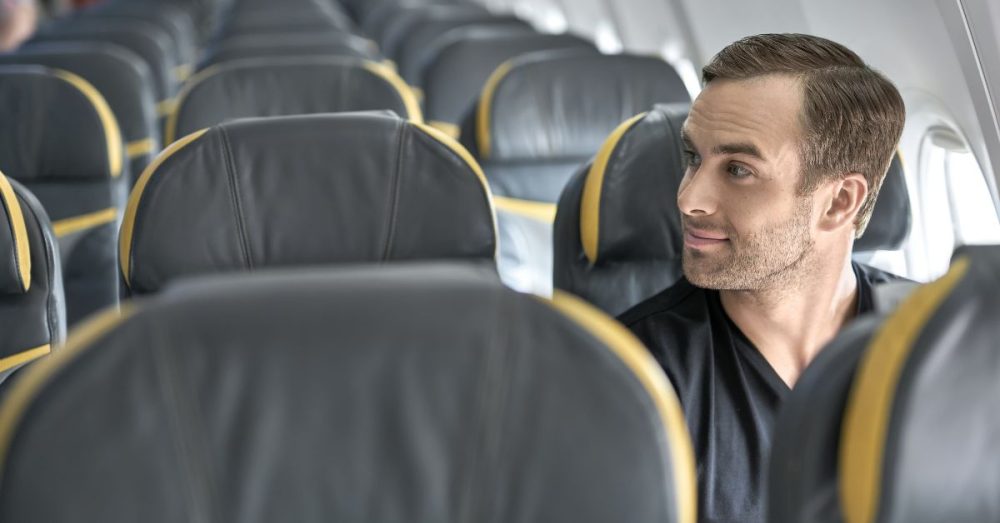Despite sky-high inflation and a slowing economy, Americans have continued to prioritize travel until now.
A Harris Poll published at the end of last year found that despite the costs of traveling rising, only 17% of U.S. adults planned to travel less in 2024. More than half of the respondents planned to prioritize travel over non-essential luxuries despite a challenging economy.
Incredibly, 57% of adults said they planned to travel the same amount in 2024 as they had in 2023. Just over one in four (26%) said they planned to travel even more than they did the year before.
Instead of canceling trips, most consumers focused on spending more carefully, such as avoiding travel during peak season and taking trips during the spring and fall, when things aren’t as busy and everything is more affordable.
However, all of that may be coming to an end, as the impact of Bidenomics continues to be a “complete failure” across the board.
The Wall Street Journal reports on how the travel economy has “slowed” and turned “soft.” Here’s the start of the story:
Signs of a slowdown are surfacing across the travel economy.
On recent earnings calls, hotel and travel company executives have pointed to lethargic domestic leisure demand from U.S. consumers. The word “softness” came up 16 times combined on the calls of Expedia, Marriott, Airbnb and Hilton.
If they’re not scrapping a trip, many vacationers say they are trading down to cheaper accommodations. While higher income travelers still plan to jet abroad, others are cutting back to be more thoughtful about spending.
A new era of caution has arrived for U.S. travelers like Kai Tenenberg.
“I am trying to figure out how I can save money and still do what I love,” says the 36-year-old healthcare worker living in Palm Beach County, Fla., who is now staying with friends to avoid paying for hotels.
Travelers say they are giving priority to overall value and becoming more discerning with their bookings. Cruise lines, which have historically embraced more of an all-inclusive pricing model, have benefited from this mind-set, while some domestic hotels that rely on leisure travelers have struggled.


